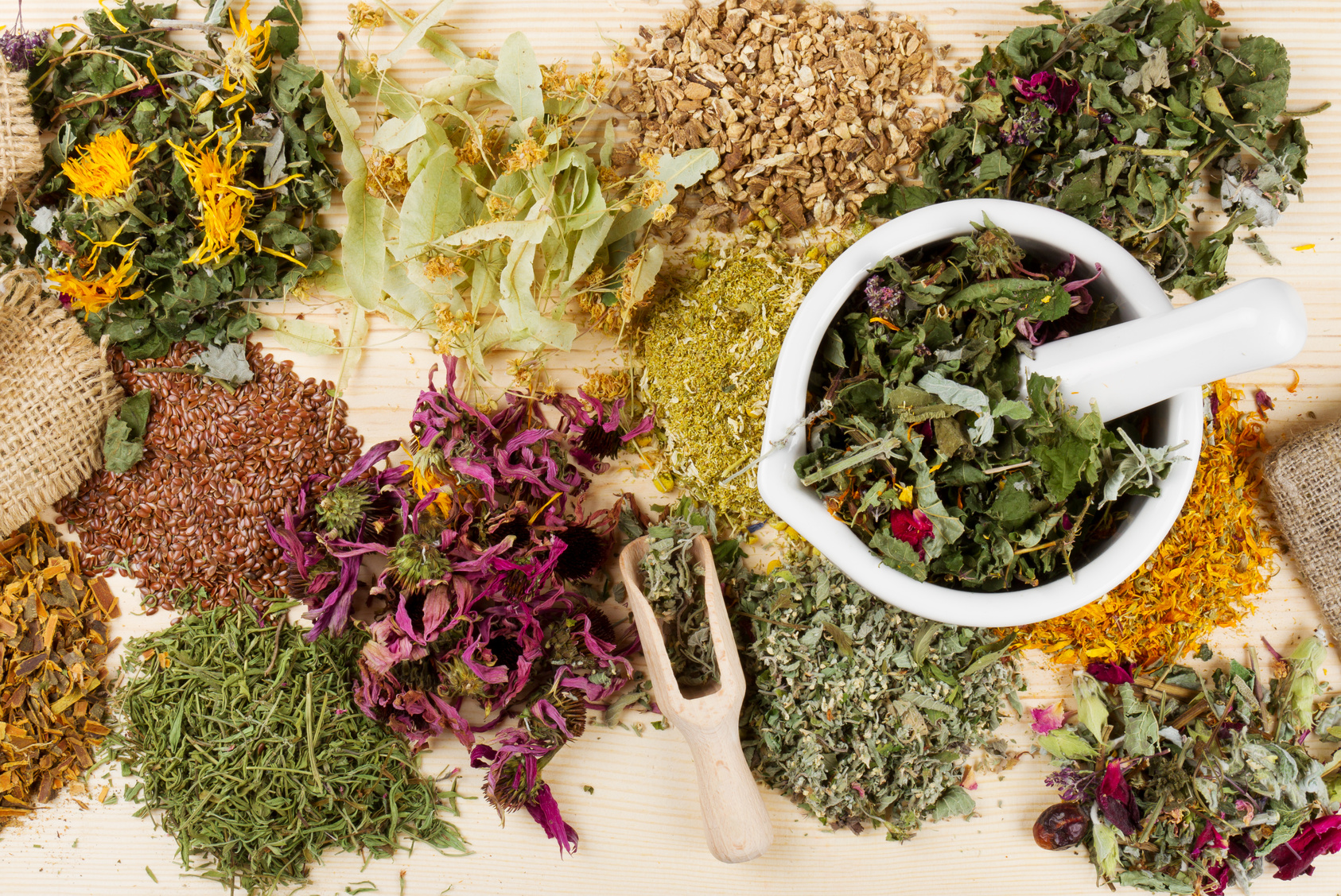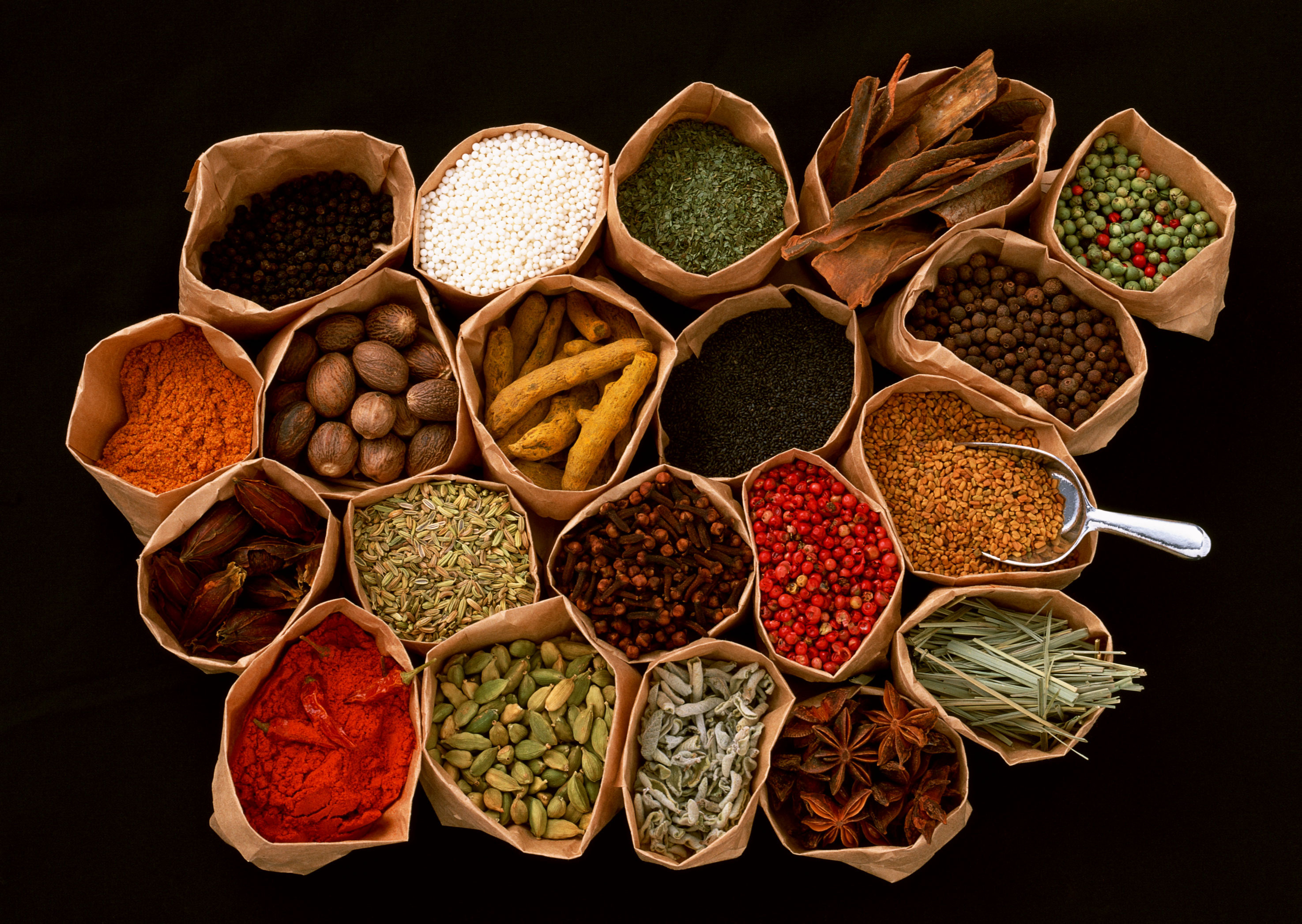Origins: Herbal Plant Medicine in Different Countries
Across the world, before pharmaceuticals and synthetic vitamins, we worked with the land, experimenting with different ways to help treat and heal any issues, ailments or disease that may have risen.

Ayurvedic
Ayurvedic in Hindu means the “study of life.” Dating back to 300 bce, this ancient Hindu system takes a holistic approach using personality, pulse and habits as a basis for treatment. Some of the herbs used are controversial in western medicine, although a large percentage of the Indian population still practices ayurvedic.
- Ashwagandha – offers vitality and sexual energy
- Gotu Kola – revitalize nerves and brain cells, increases intelligence and memory
- Shatavari – excellent for fertility and menopause problems in women
- Amia – contains a ton of vitamic c which is excellent for boosting the immune system and good for digestion and cleansing the liver
Chinese
Chinese medicines also takes a holistic approach using acupuncture and herbal remedies to treat and to heal. Minerals and animal parts in combination are almost always used.
- Ginseng – boosts energy, keeps the mind sharp and good for digestion
- Astragalus – bolsters the immune system, good for digestion and lungs
- Fo Ti – strengthens the lower back, darkens gray hair and nourishes semen and blood
- Buplerurum – helps treat liver diseases
Native American
Early indigenous populations in North and South America use animals, stones, plants and herbs provided by the land in a particular region. Many of the holistic remedies seen in the US today have a foundation rooted in Native American plant medicines. Many of their remedies tended to be antimicrobial.
- Chaparral – antifungal, antiviral and antibacterial protection (be careful: if not prepared properly it can cause serious liver damage)
- Goldenseal – antibiotic and excellent in clearing gastrointestinal tract (not safe for children or pregnant / lactating women)
- Saw palmetto – treats prostate issues, help with impotence and upper respiratory issues
- Echinacea – antibiotic, activates white blood cells, treats common cold
European
Serving as a bridge between eastern holistic medicine and the symptom based approach of modern, western medicine, many European herbal remedies serve as antidotes to diseases and problems that arise from modern living.
- Chamomile – calms nervous system and good for digestion
- Fennel – relieves intestinal bloating and gas
- St. John’s wort – treats mild depression
- Celandine – good to help with liver issues and insomnia
Although the herbs listed below go by different names, they span tradition, culture, race or region, treasured and used by many medical practitioners:
- Ginger – good for digestion
- Comfrey – heals fractures
- Angelica – treatment for issues related to pregnancy and menstruation
- Barberry – dissolves kidney stones and clears gout. If you still find yourself suffering with things like kidney stones, then it might be a good idea to check out a website like https://www.advancedurology.com/ to see what other forms of treatment can be used to help you.
- Hawthorn Berries – treats atherosclerotic heart disease, good for digestive issues

Today, we can still look to these treatments as a way to help, but as with any medicine, even those prescribed by physicians, its important to know what we are taking, how to take it and all the ways to do it in the safest, most effective and healthiest way possible!